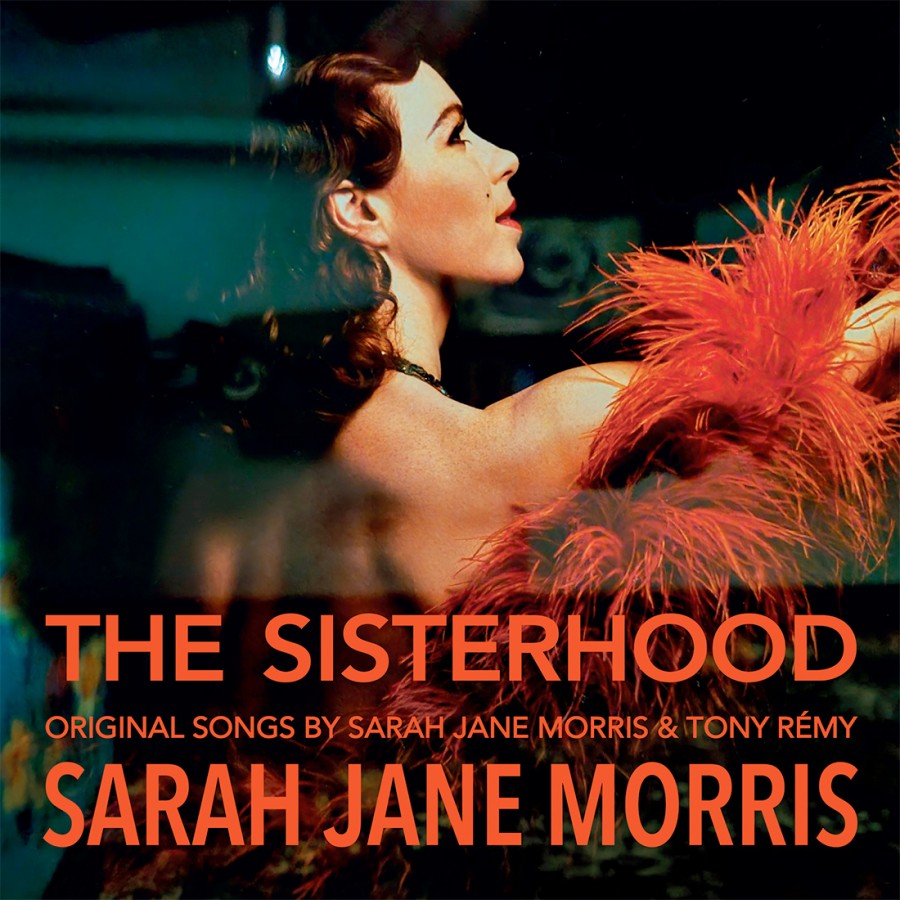Order The Sisterhood Album
"An album full of hope and nourishment in the face of hard times"
4 stars, Record Collector
"A highly enjoyable, original and entertaining set of songs – her ability as a songwriter really shines on this album. Highly recommended."
Jazz Journal
Welcome to the official website for Sarah Jane Morris
Sarah Jane Morris is a singer with an astonishing vocal range. Her thirty-year career, during which she has garnered a loyal and loving international audience, has been wide-ranging and her rich contralto voice goes from strength to strength. She has performed with many groups over the years, from rock to soul to African blues, with classical orchestras, a one-hundred cello ensemble, with acoustic guitars and jazz big bands. Her voice, her versatility, and her emotional intelligence - the absolute authenticity of feeling which she conveys - make her a world-class compelling performer.
The Sisterhood Album Out Now
Refugee Fundraiser 'Imagine No War'
New song and video available.
Audiotrope - Otis Coulter, Mike Willis and myself have recorded and filmed an intimate concert at Dr Savages studio in St Leonards on Sea for Coastal Currents. We take you on a musical journey including Tom Waits, Hawksley Workman, Elton John, Bob Dylan, John Martyn and more. Enjoy.
Forthcoming Concerts
Solis String Quartet
Nick the Nightfly and his band
The Sisterhood
Area 88. on Saturday 25th May for 'The Sisterhood'
88 Alston Drive, Bradwell Abbey, Milton Keynes MK13 9HF
Tel: 07702 115404
Member Login
Newsletter
Enter your email to keep up to date with news, concerts and new music.Please review our privacy policy
*Please note that you will receive an email with an activation link. If you do not receive it please check your spam folder and allow messages from sarahjanemorris.co.uk
Latest Press


The Sisterhood album review
Mar 9th, 2024
A heartfelt expression of love and a celebration of musical torchbearers, The Sisterhood will have you hooked from its opening bars...
Read More...









